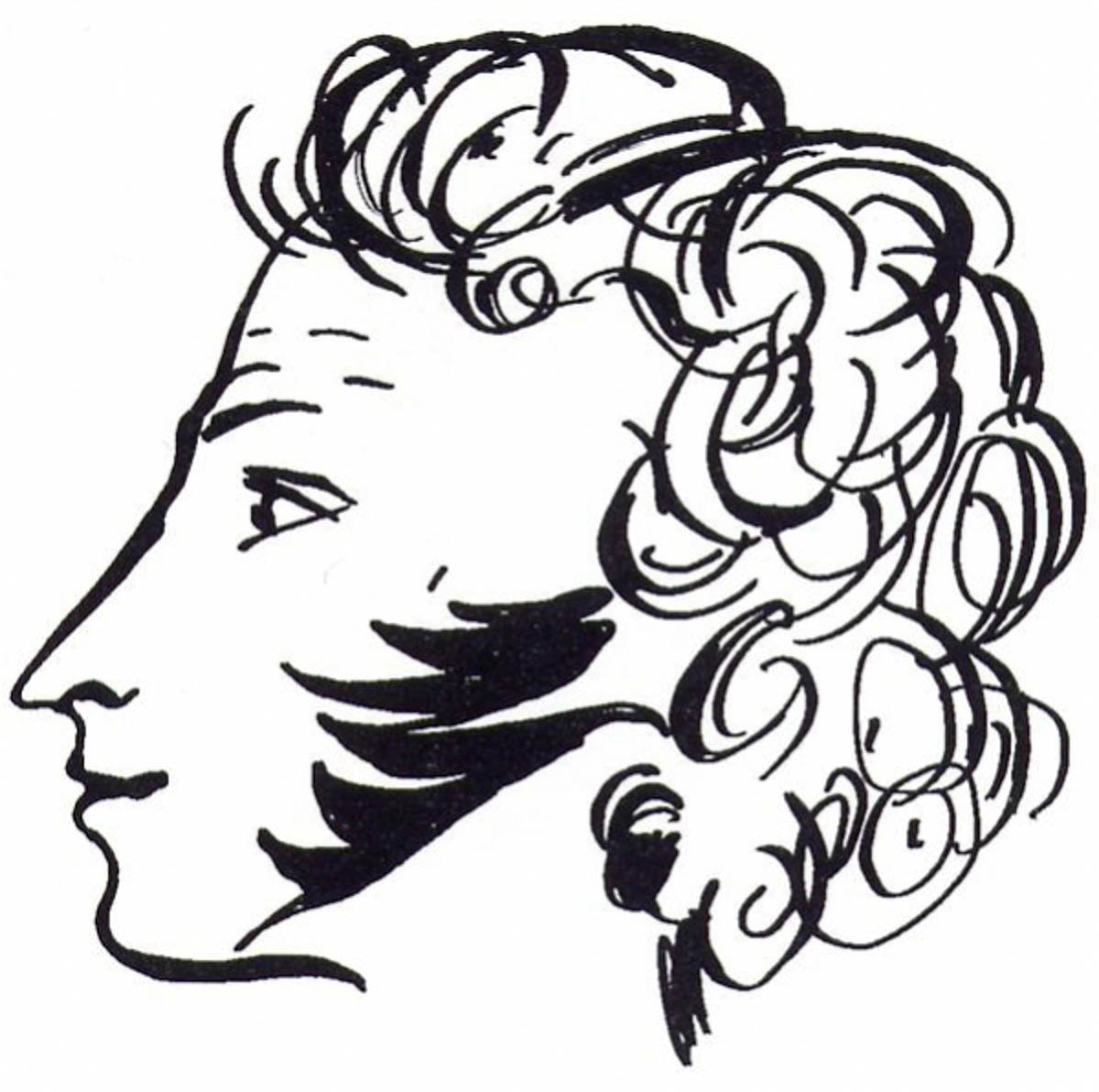Владимир Маяковский «Во весь голос» на английском языке
ВО ВЕСЬ ГОЛОС
Первое вступление в поэму
Уважаемые
товарищи потомки!
Роясь
в сегодняшнем
окаменевшем г ….,
наших дней изучая потемки,
вы,
возможно,
спросите и обо мне.
И, возможно, скажет
ваш ученый,
кроя эрудицией
вопросов рой,
что жил-де такой
певец кипяченой
и ярый враг воды сырой.
Профессор,
снимите очки-велосипед!
Я сам расскажу
о времени
и о себе.
Я, ассенизатор
и водовоз,
революцией
мобилизованный и призванный,
ушел на фронт
из барских садоводств
поэзии —
бабы капризной.
Засадила садик мило,
дочка,
дачка,
водь
и гладь —
сама садик я садила,
сама буду поливать.
Кто стихами льет из лейки,
кто кропит,
набравши в рот —
кудреватые Митрейки,
мудреватые Кудрейки —
кто их к черту разберет!
Нет на прорву карантина —
мандолинят из-под стен:
«Тара-тина, тара-тина,
т-эн-н…»
Неважная честь,
чтоб из этаких роз
мои изваяния высились
по скверам,
где харкает туберкулез,
где б… с хулиганом
да сифилис.
И мне
агитпроп
в зубах навяз,
и мне бы
строчить
романсы на вас —
доходней оно
и прелестней.
Но я
себя
смирял,
становясь
на горло
собственной песне.
Слушайте,
товарищи потомки,
агитатора,
горлана-главаря.
Заглуша
поэзии потоки,
я шагну
через лирические томики,
как живой
с живыми говоря.
Я к вам приду
в коммунистическое далеко́
не так,
как песенно-есененный провитязь.
Мой стих дойдет
через хребты веков
и через головы
поэтов и правительств.
Мой стих дойдет,
но он дойдет не так, —
не как стрела
в амурно-лировой охоте,
не как доходит
к нумизмату стершийся пятак
и не как свет умерших звезд доходит.
Мой стих
трудом
громаду лет прорвет
и явится
весомо,
грубо,
зримо,
как в наши дни
вошел водопровод,
сработанный
еще рабами Рима.
В курганах книг,
похоронивших стих,
железки строк случайно обнаруживая,
вы
с уважением
ощупывайте их,
как старое,
но грозное оружие.
Я
ухо
словом
не привык ласкать;
ушку девическому
в завиточках волоска
с полупохабщины
не разалеться тронуту.
Парадом развернув
моих страниц войска,
я прохожу
по строчечному фронту.
Стихи стоят
свинцово-тяжело,
готовые и к смерти
и к бессмертной славе.
Поэмы замерли,
к жерлу прижав жерло
нацеленных
зияющих заглавий.
Оружия
любимейшего
род,
готовая
рвануться в гике,
застыла
кавалерия острот,
поднявши рифм
отточенные пики.
И все
поверх зубов вооруженные войска,
что двадцать лет в победах
пролетали,
до самого
последнего листка
я отдаю тебе,
планеты пролетарий.
Рабочего
громады класса враг —
он враг и мой,
отъявленный и давний.
Велели нам
идти
под красный флаг
года труда
и дни недоеданий.
Мы открывали
Маркса
каждый том,
как в доме
собственном
мы открываем ставни,
но и без чтения
мы разбирались в том,
в каком идти,
в каком сражаться стане.
Мы
диалектику
учили не по Гегелю.
Бряцанием боев
она врывалась в стих,
когда
под пулями
от нас буржуи бегали,
как мы
когда-то
бегали от них.
Пускай
за гениями
безутешною вдовой
плетется слава
в похоронном марше —
умри, мой стих,
умри, как рядовой,
как безымянные
на штурмах мерли наши!
Мне наплевать
на бронзы многопудье,
мне наплевать
на мраморную слизь.
Сочтемся славою —
ведь мы свои же люди, —
пускай нам
общим памятником будет
построенный
в боях
социализм.
Потомки,
словарей проверьте поплавки:
из Леты
выплывут
остатки слов таких,
как «проституция»,
«туберкулез»,
«блокада».
Для вас,
которые
здоровы и ловки,
поэт
вылизывал
чахоткины плевки
шершавым языком плаката.
С хвостом годов
я становлюсь подобием
чудовищ
ископаемо-хвостатых.
Товарищ жизнь,
давай
быстрей протопаем,
протопаем
по пятилетке
дней остаток.
Мне
и рубля
не накопили строчки,
краснодеревщики
не слали мебель на́ дом.
И кроме
свежевымытой сорочки,
скажу по совести,
мне ничего не надо.
Явившись
в Це Ка Ка
идущих
светлых лет,
над бандой
поэтических
рвачей и выжиг
я подыму,
как большевистский партбилет,
все сто томов
моих
партийных книжек.
Декабрь 1929 — январь 1930
Владимир Маяковский (1893-1930)
At the Top of My voice
First Prelude to the Poem
My most respected
comrades of posterity!
Rummaging among
these days’
petrified crap,
exploring the twilight of our times,
you,
possibly,
will inquire about me too.
And, possibly, your scholars
will declare,
with their erudition overwhelming
a swarm of problems;
once there lived
a certain champion of boiled water,
and inveterate enemy of raw water.
Professor,
take off your bicycle glasses!
I myself will expound
those times
and myself.
I, a latrine cleaner
and water carrier,
by the revolution
mobilized and drafted,
went off to the front
from the aristocratic gardens
of poetry —
the capricious wench
She planted a delicious garden,
the daughter,
cottage,
pond
and meadow.
Myself a garden I did plant,
myself with water sprinkled it.
some pour their verse from water cans;
others spit water
from their mouth —
the curly Macks,
the clever jacks —
but what the hell’s it all about!
There’s no damming al this up —
beneath the walls they mandoline:
“Tara-tina, tara-tine,
tw-a-n-g…”
It’s no great honor, then,
for my monuments
to rise from such roses
above the public squares,
where consumption coughs,
where whores, hooligans and syphilis
walk.
Agitprop
sticks
in my teeth too,
and I’d rather
compose
romances for you —
more profit in it
and more charm.
But I
subdued
myself,
setting my heel
on the throat
of my own song.
Listen,
comrades of posterity,
to the agitator
the rabble-rouser.
Stifling
the torrents of poetry,
I’ll skip
the volumes of lyrics;
as one alive,
I’ll address the living.
I’ll join you
in the far communist future,
I who am
no Esenin super-hero.
My verse will reach you
across the peaks of ages,
over the heads
of governments and poets.
My verse
will reach you
not as an arrow
in a cupid-lyred chase,
not as worn penny
Reaches a numismatist,
not as the light of dead stars reaches you.
My verse
by labor
will break the mountain chain of years,
and will present itself
ponderous,
crude,
tangible,
as an aqueduct,
by slaves of Rome
constructed,
enters into our days.
When in mounds of books,
where verse lies buried,
you discover by chance the iron filings of lines,
touch them
with respect,
as you would
some antique
yet awesome weapon.
It’s no habit of mine
to caress
the ear
with words;
a maiden’s ear
curly-ringed
will not crimson
when flicked by smut.
In parade deploying
the armies of my pages,
I shall inspect
the regiments in line.
Heavy as lead,
my verses at attention stand,
ready for death
and for immortal fame.
The poems are rigid,
pressing muzzle
to muzzle their gaping
pointed titles.
The favorite
of all the armed forces
the cavalry of witticisms
ready
to launch a wild hallooing charge,
reins its chargers still,
raising
the pointed lances of the rhymes.
and all
these troops armed to the teeth,
which have flashed by
victoriously for twenty years,
all these,
to their very last page,
I present to you,
the planet’s proletarian.
The enemy
of the massed working class
is my enemy too
inveterate and of long standing.
Years of trial
and days of hunger
ordered us
to march
under the red flag.
We opened
each volume
of Marx
as we would open
the shutters
in our own house;
but we did not have to read
to make up our minds
which side to join,
which side to fight on.
Our dialectics
were not learned
from Hegel.
In the roar of battle
it erupted into verse,
when,
under fire,
the bourgeois decamped
as once we ourselves
had fled
from them.
Let fame
trudge
after genius
like an inconsolable widow
to a funeral march —
die then, my verse,
die like a common soldier,
like our men
who nameless died attacking!
I don’t care a spit
for tons of bronze;
I don’t care a spit
for slimy marble.
We’re men of kind,
we’ll come to terms about our fame;
let our
common monument be
socialism
built
in battle.
Men of posterity
examine the flotsam of dictionaries:
out of Lethe
will bob up
the debris of such words
as “prostitution,”
“tuberculosis,”
“blockade.”
For you,
who are now
healthy and agile,
the poet
with the rough tongue
of his posters,
has licked away consumptives’ spittle.
With the tail of my years behind me,
I begin to resemble
those monsters,
excavated dinosaurs.
Comrade life,
let us
march faster,
march
faster through what’s left
of the five-year plan.
My verse
has brought me
no rubles to spare:
no craftsmen have made
mahogany chairs for my house.
In all conscience,
I need nothing
except
a freshly laundered shirt.
When I appear
before the CCC
of the coming
bright years,
by way of my Bolshevik party card,
I’ll raise
above the heads
of a gang of self-seeking
poets and rogues,
all the hundred volumes
of my
communist-committed books.
Vladimir Mayakovsky,
translated by Max Hayward and George Reavey. Meridian Books, New York, 1960






Комментарии
Владимир Маяковский «Во весь голос» на английском языке — Комментариев нет
HTML tags allowed in your comment: <a href="" title=""> <abbr title=""> <acronym title=""> <b> <blockquote cite=""> <cite> <code> <del datetime=""> <em> <i> <q cite=""> <s> <strike> <strong>